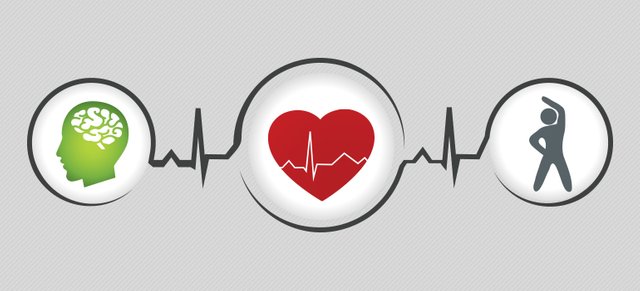Questions and Answers: Health
Q: Is it true that an apple a day keeps the doctor away?
A: Apples may be invitingly delicious but they are not particularly nutritious. Nor do they provide any special immunity from illness. A medium-sized apple of, say, 4 oz. contains only 5-10 mg of vitamin C and small traces of other vitamins, no protein worth speaking of and approximately 50 calories. As far as fruits are concerned, an apple has a moderate amount of dietary fiber, approximately 2g.
Q: Will eating spinach make you strong?
A: Not particularly. Spinach contains no more nutrients than some other dark green vegetables. It is rich in carotene, but no more than watercress; moderate in vitamin C and rich in iron but not as good as Popeye led us to believe.
Q: Do peanuts make you sexy?
A: No. This is probably a young wives tale.
Q: Is brown bread better than white?
A: Yes, whole meal bread contains more of the B vitamins and iron, and a little more protein, than white bread. More, whole meal bread contains 9% dietary fiber compared with 4% in white bread. The germ and outer bran are removed when wheat is milled to make flour and that is where the nutrients are partially lost.
Q: Are brown eggs better than white eggs?
A: No. The color of the shell does not reflect any difference at all in the nutrients in an egg. The only difference is probably that brown eggs cost more because the kind of chicken that lays brown eggs lays fewer than the other kind.
Q: Is brown sugar better than white?
A: It does not matter whether the sugar on the table is brown or white. Both contain nearly pure sucrose and brown sugar contains only very small traces of mineral salts and even smaller traces of B vitamins which are too small to do any good. The only types of sugar which supply significant amounts of nutrients are the first stages of the final purification fron the raw material, that is the black-strap molasses and black treacle which do not crystallize. Black treacle can supply as much as 20 mg of iron in 100 g(compared with a recommended daily intake of 10-15 mg) and about 350 mg of calcium(compared with a recommended daily intake of 600 mg). By the time it has been purified up to stage of dark brown sugars are reached, the amount of minerals is too small to be of any nutritional significance.
Q: What makes honey so special?
A: Fact is, it isn't. It consists only of sugars - glucose and fructose - and about one quarter water. It does contain traces of nutrients but they are too small to be of any use in the diet.
That is all for this time! I will post part 2 of this so better stay tune! Thank you guys for your great support ☺
